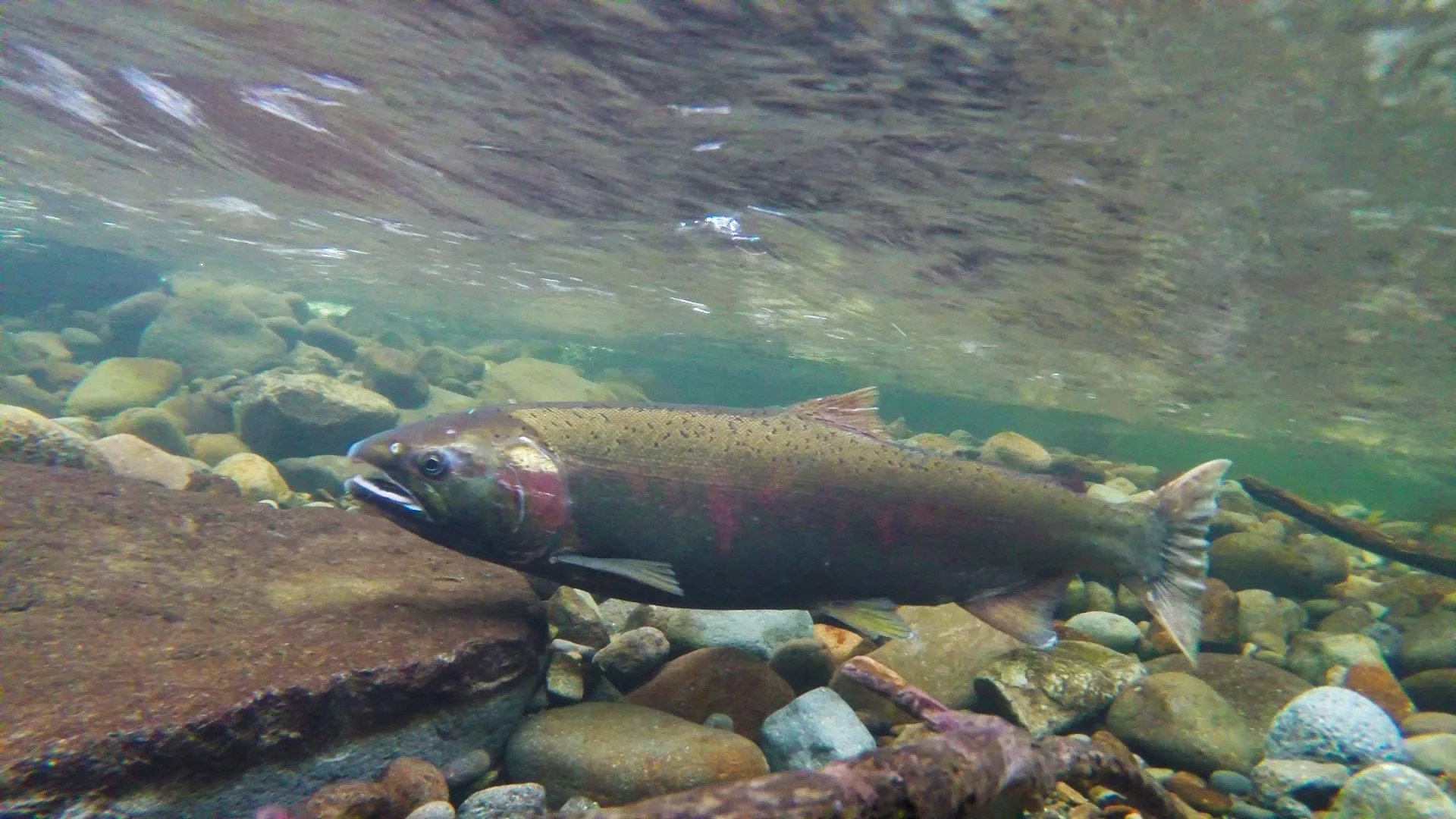David Warsh: The WSJ ‘contains multitudes’
On Chicago’s Lakefront.
— Photo by Alanscottwalker
SOMERVILLE, MASS.
A headline on a story Oct. 21 in the in The Wall Street Journal revealed “Chicago’s Best-Kept Secret: It’s a Salmon Fishing Paradise; Locals crowd into inlets off Lake Michigan to catch fish imported from West Coast to counter effects of invasive species.”
Between vignettes of jubilant fishermen braving the lake-front weather, reporter Joe Barrett offered a concise account of how Great Lakes wildlife managers have coped with successive waves of invasive species over eighty years of globalization. In the beginning were native lake trout, apex predators thriving on shoals of perch. Sea lampreys arrived in the Forties, through the Welland Canal, which connects Lake Ontario with Lake Erie. The blood-sucking eels devastated the trout population, while alewives, another invasive species, grew disproportionately large with no other to prey on them.
Authorities controlled the lampreys with a new pesticide in the mid-Sixties, and imported Coho and later Chinook salmon from the West Coast to rejuvenate sport fishing. Fingerling salmon hatched in downstate Illinois nurseries were released in Chicago harbors, to return to the same waters to spawn at maturity. Meanwhile, ubiquitous European mussels, released from ballast tanks of ships entering the lakes via the St. Lawrence Seaway, improved water clarity, but consumed nutrients needed by small fish. As a native of the region, I remember every wave.
A Coho salmon.
I was struck by the artful sourcing of Barrett’s story. He quoted fishermen Andre Brown, “a 51-year-old electrician from Oak Park;” Martin Arriaga, “a 59-year-old truck driver from the city’s Chinatown neighborhood,” and Blas Escobedo, 56, “a carpet installer from the Humboldt Park neighborhood.”
Providing the narrative were Vic Santucci, Lake Michigan program manager for the Illinois Department of Natural Resources, and Sergiusz Jakob Czesny, director of the Lake Michigan Biological Station of the Illinois Natural History Survey and the Prairie Research Institute. The Illinois Department of Health chimed in with its recommendation: PCB concentration in the bigger fish meant no more than one meal a month.
Barrett did not mention the dangerous jumping Asia carp that now threaten to enter Lake Michigan; nor the armadillos, creeping north from Texas into Illinois, with global warming: much less the escalating crime rates in Chicago, which have McDonald’s threatening to move out of the city. But then his was a story about fishery management. And that’s what I like about the WSJ: it contains multitudes.
Earlier last week I had sought to convey to visiting friends the different sensibilities among the newspapers I read. I prize The New York Times for any number of reasons, but its concern for the future of democracy in America often seems overwrought. I look to The Washington Post for editorial balance (never mind the “Democracy Dies in Darkness” motto), and to the Financial Times for sophistication. But it is hard to exaggerate how much I enjoy The Wall Street Journal. I worked there for a time years ago; that surely has something to do with it. But I think it is the receptivity of its news pages I so admire. Like Joe Barrett’s fish story, its sentiments are inclusive. Read it if you have time.
Despites its sale to conservative newspaper baron Rupert Murdoch, the WSJ has preserved the separation between sensible news pages, its worldly cultural and lifestyle coverage, and its fractious editorial pages. Those editorial pages are still recovering from their enthusiasm for Donald Trump, and I sometimes think as I read them that they pose a threat to democracy, if only by their preference for derision. But still I read them, so they must be doing something right.
Barely two weeks remain before the mid-term elections. The races that interest me most are those seeking common ground: Ohio, Alaska, Pennsylvania, and Oregon. There will be time afterwards to sift the results. Is American democracy in danger? I doubt it. E pluribus unum! with a certain amount of thoughtful guidance along the way.
David Warsh, a veteran columnist and an economic historian, is proprietor of Somerville-based economicprincipals.com, where this essay originated.

